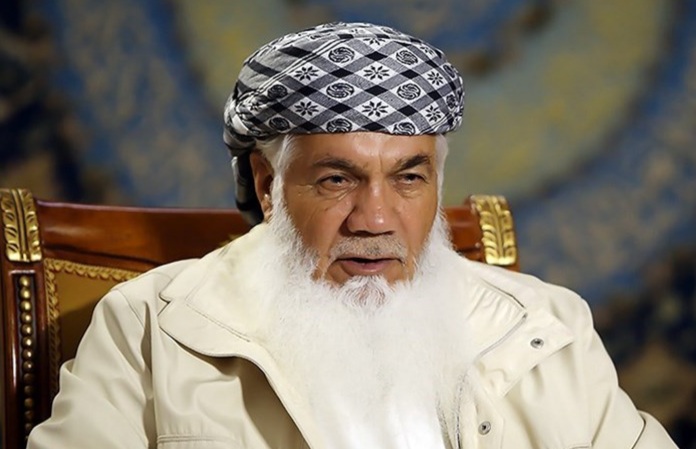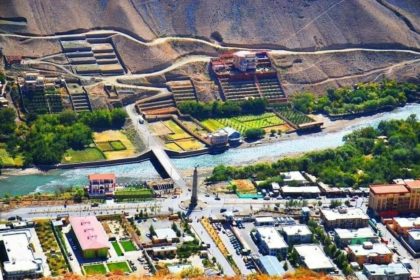RASC News Agency: Reports from Herat province in western Afghanistan indicate that Amir Mohammad Ismail Khan has launched anti-Taliban activities in various parts of the city in the past week, causing unease among the group’s members. A well-informed source in Herat province, under the condition of anonymity, informed the RASC news agency on Thursday, January 17, that the recent explosive attack on a Taliban traffic police Ranger in the “Darb-e Khosh” area of Herat province is one of the instances marking the initiation of the anti-Taliban program.
The source reveals that in the latest incident today in the seventh district of Herat city, two terrorist attacks occurred, targeting Taliban members. According to the source, these attacks, coordinated with other anti-Taliban fronts, have commenced and will persist until the liberation of Afghanistan from the grasp of the Taliban, particularly in various parts of the country, especially western Afghanistan and Herat province. These developments unfold as Amir Khan Muttaqi, the acting foreign minister of the Taliban group in Afghanistan, recently strongly criticized Amir Mohammad Ismail Khan during a speech at the Jalaluddin Mohammad Balkhi Hall in Herat province.
In his speech, Muttaqi addressed Mr. Ismail, stating that during the transition period of Taliban forces in Afghanistan, Commander Ismail was welcomed into his home with full respect and humanity. However, it has been repeatedly conveyed through the media that Taliban ideologies must be expelled from Afghanistan. Nonetheless, Akbar Sadiqi, a political affairs expert in Afghanistan, informs the RASC news agency that recent attacks by Taliban opponents in various parts of the country suggest that Western countries are gradually seeking an alternative movement in Afghanistan that can replace the Taliban.
He emphasizes that Western countries, especially the United States, are interested in a process where their government and people can lead a peaceful life with complete ease. Sadiqi asserts that everyone can observe the actions of the United States in Afghanistan during the last 20 years, and aside from the destruction and ruin of the country and its oppressed people, they have not provided any meaningful assistance to Afghanistan. He states that currently, Western strategists are working on innovating a relatively stable society in Afghanistan, where their influence is not challenged during the Taliban’s activity. Simultaneously, they aim to remain supporters and sympathizers of the people of Afghanistan and human rights, especially women’s rights.
Meanwhile, Mustafa Habibi, a civil activist in western Afghanistan, comments that most jihadist leaders are currently not well-received in neighboring countries and European nations and cannot have the standing they once held in Afghanistan. He adds that all leaders and commanders, whether jihadist or non-jihadist, are attempting to bring an end to the Taliban’s rule promptly and open doors as reputable authorities within Afghanistan. Habibi expresses that the Taliban have become adept at navigating the strategies of some Eastern and Western countries in the past two years. In his view, the leaders and prominent figures of the Taliban group are imposing their rule on the people through force and gradually seeking to conclude their honeymoon period.
It is noteworthy that the intensification of anti-Taliban offensives has occurred in recent times. Certain Taliban officials have communicated with Western nations, especially the United States, asserting that the influence of these nations is discernible in all these attacks—nations that have previously clashed with this group.






